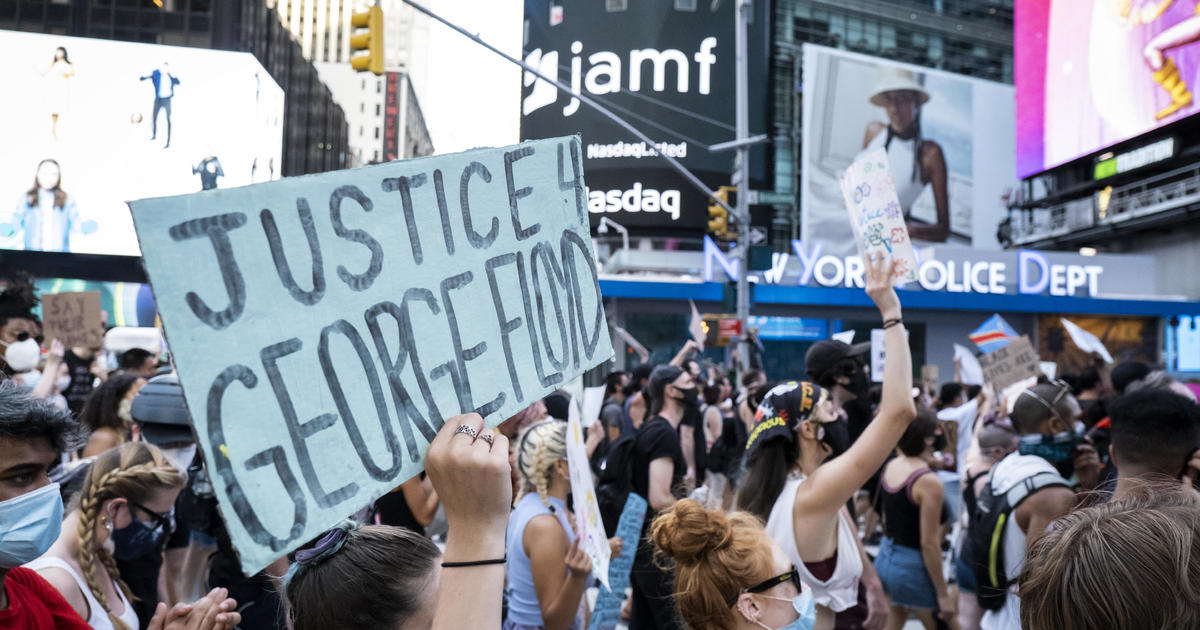Four years after George Floyd was killed by a Minneapolis police officer, momentum in Washington to pass sweeping reform in his name has almost faded away completely. The death of Floyd sparked outrage and calls for change, leading to Democrats and Republicans in Congress putting forward different bills less than a month after his murder. However, as time has passed, there has been little urgency to make the kind of sweeping changes that President Joe Biden has called for. The lack of action on this issue is seen as an insult by Floyd’s family, and the 2024 elections could determine the future of police reform efforts, as Biden contends with the prospect of losing support from Black voters.
Since Floyd’s death, there have been other killings by police, such as that of Tyre Nichols in early 2023. South Carolina Republican Senator Tim Scott, the only Black Republican in the Senate, gave a speech criticizing Democrats and politics for the lack of progress on police reform. Scott had authored a bill of his own after Floyd’s death, but it was blocked by Senate Democrats who supported a more comprehensive effort. Despite bipartisan negotiations, efforts to pass police reform have fallen short, with issues like overhauling qualified immunity proving to be contentious between the two parties.
President Biden made addressing the issues brought to light by Floyd’s murder a focus of his 2020 campaign. While both Republicans and Democrats rallied behind separate bills in the weeks after Floyd’s death, no significant legislation was passed during Trump’s presidency. Biden called on Congress to find a path forward during his first address to Congress in 2021, but bipartisan negotiations failed to meet his timeline. While Congress has failed to take action, Biden has taken limited unilateral steps, such as signing an executive order focused on federal law enforcement. However, concerns about crime and law enforcement recruitment and staffing shortages continue to rise.
Policing remains a deeply personal issue for many Americans, with community-police relations still strained in many areas. Community activists like Bridgette Stewart in Minnesota and Nate Hamilton in Milwaukee continue to advocate for police reform and accountability, citing personal experiences with police violence. Despite some local jurisdictions making changes in response to Floyd’s death, there is a perception that Congress’s inaction on reform is a failure. Floyd’s family continues to push for change, with George’s brother Philonise Floyd advocating for reform efforts in Washington. Despite facing political setbacks, the family remains committed to seeking justice for George and others affected by police violence.









